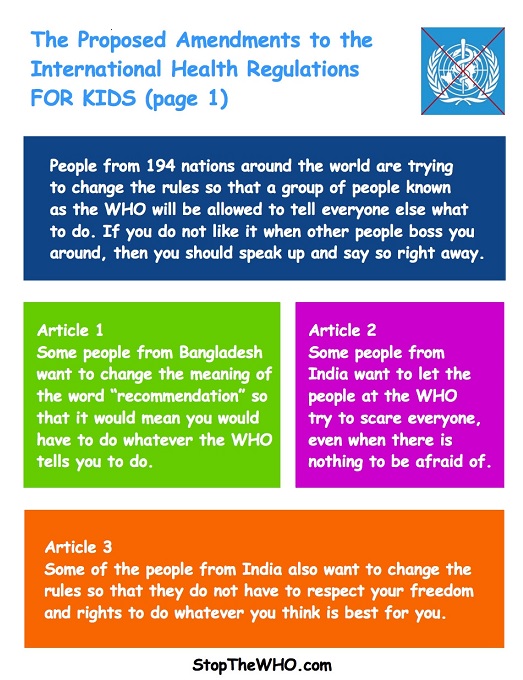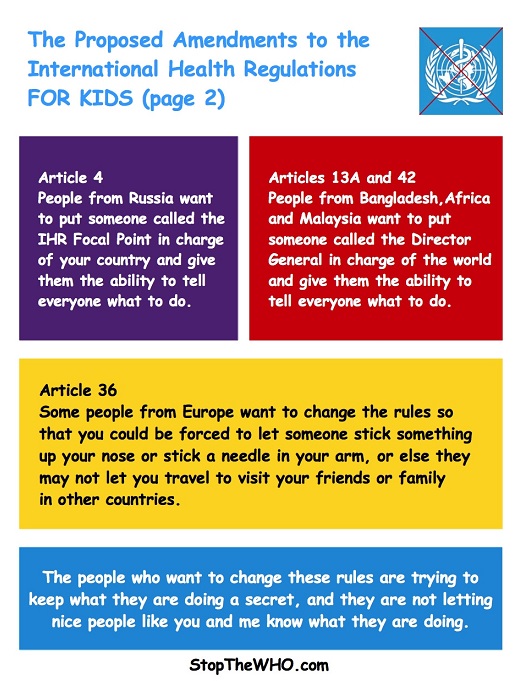ABSTRACT | Early in the Covid pandemic concerns were raised that lockdown and other non-pharmaceutical interventions would cause significant multidimensional harm to society. This paper comprehensively evaluates the global state of knowledge on these adverse social impacts, with an emphasis on their type and magnitude during 2020 and 2021. A harm framework was developed spanning 10 categories: health, economy, income, food security, education, lifestyle, intimate relationships, community, environment and governance. The analysis synthesizes 600 publications with a focus on meta-analyses, systematic reviews, global reports and multi-country studies. This cumulative academic research shows that the collateral damage of the pandemic response was substantial, wide-ranging and will leave behind a legacy of harm for hundreds of millions of people in the years ahead. Many original predictions are broadly supported by the research data including: a rise in non-Covid excess mortality, mental health deterioration, child abuse and domestic violence, widening global inequality, food insecurity, lost educational opportunities, unhealthy lifestyle behaviours, social polarization, soaring debt, democratic backsliding and declining human rights. Young people, individuals and countries with lower socioeconomic status, women and those with pre-existing vulnerabilities were hit hardest. Societal harms should challenge the dominant mental model of the pandemic response: it is likely that many Covid policies caused more harm than benefit, although further research is needed to address knowledge gaps and explore policy trade-offs, especially at a country-level. Planning and response for future global health emergencies must integrate a wider range of expertise to account for and mitigate societal harms associated with government intervention. ( Open PDF in browser)
 Was it 30% placebo?
Was it 30% placebo? 





